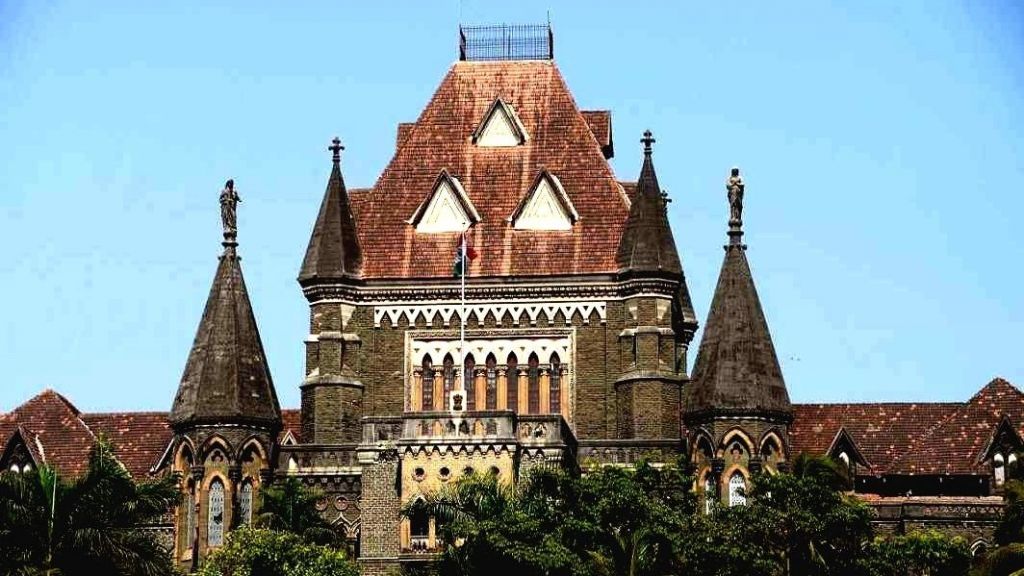
Mumbai: The Aurangabad bench of the Bombay High Court recently granted bail to a man accused of impregnating his 14-year-old fiancée, observing that "poverty is the biggest issue in India." The court took into account that the accused and the victim were set to marry, as their families had arranged their union.
The court noted that this was a 'genuine' case, touching upon the 'societal structure' of the country, where poverty often leads to girls being married off at a young age.
The victim's father appeared before the court, explaining that due to his wife's heart condition and his own brain ailment, they had arranged their daughter's marriage to secure her future. He expressed concerns about their potential untimely deaths, which prompted the decision to fix her marriage, even though she was only 14.
“The parents have decided to see the betterment of the victim girl in their lifetime.
Unfortunately, his wife has recently died of heart disease. They wanted to protect their daughter from the ill-eyes of society. In those compelling circumstances, they decided the marriage of the applicant and victim. This may be a genuine ground and touching the societal structure of our country. Poverty is the biggest issue of our country,” Justice SG Mehare said.
The HC was hearing a bail pela by a man who was booked under various sections of the Bharatiya Nyaya Sanhita (BNS) and the stringent Protection of Children from Sexual Offences (POCSO) Act. Prosecution claimed that the applicant and the girl were cousins whose families had planned their marriage.
However, they engaged in a sexual relationship before the marriage, resulting in the girl's pregnancy. She was taken to a local civic hospital in Aurangabad, and a case was registered since she was a minor.
However, considering the compelling circumstances, the HC granted bail to the applicant on a surety of Rs 50,000. “Even though the crime is registered, the applicant is ready to marry the victim after attaining her majority. These compelling circumstances need to be considered. Hence, the applicant may be released on bail,” justice Mehare added.